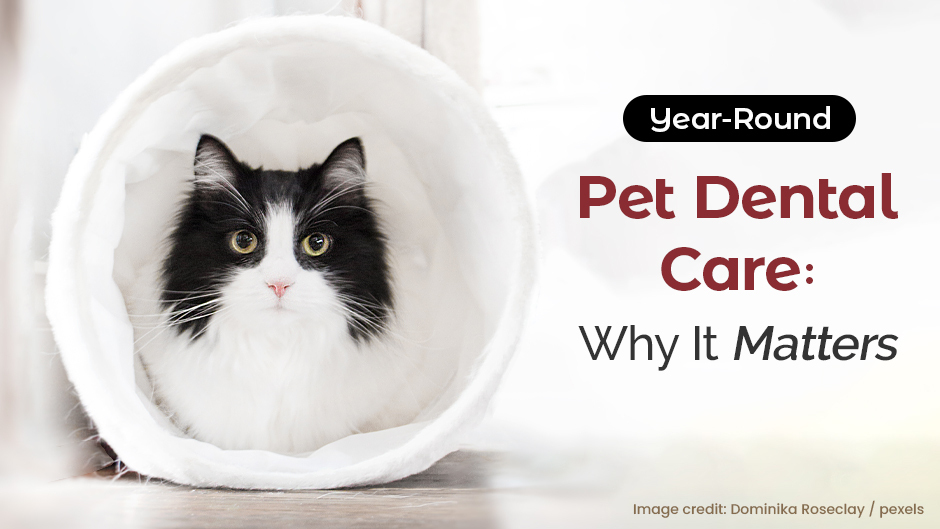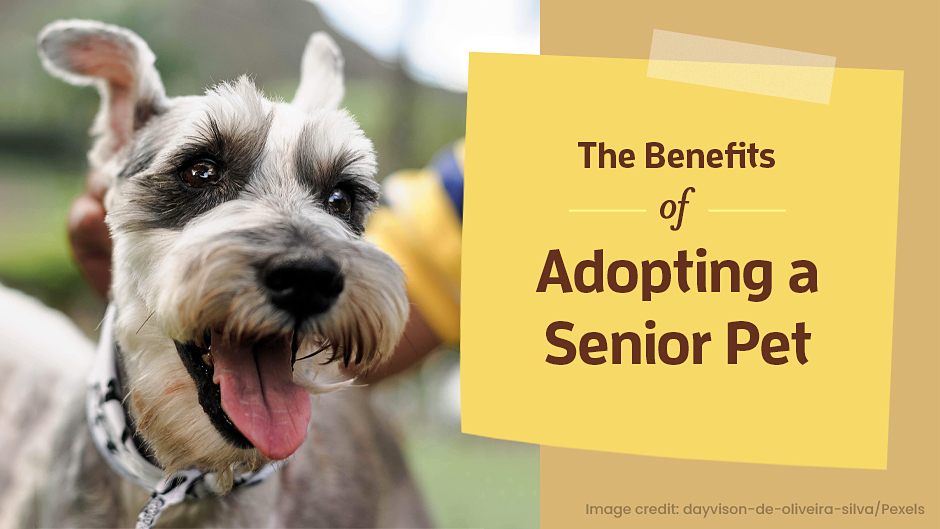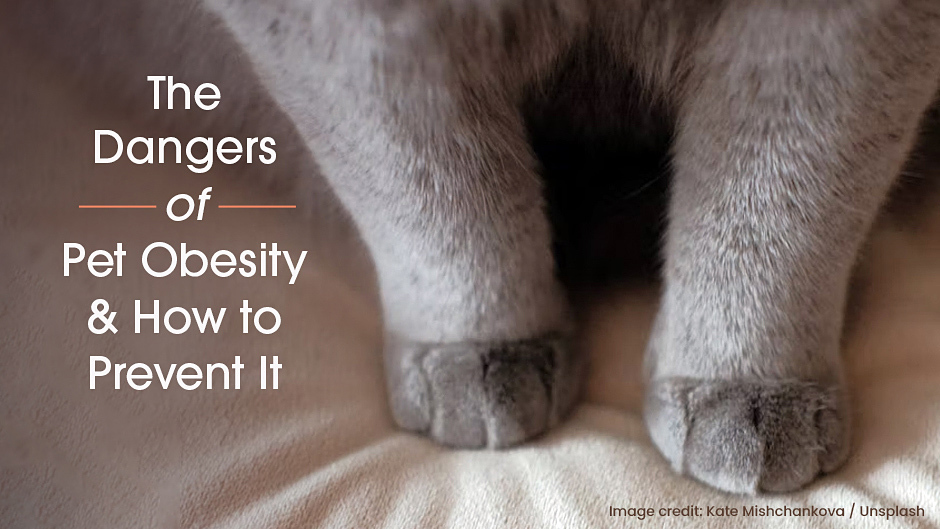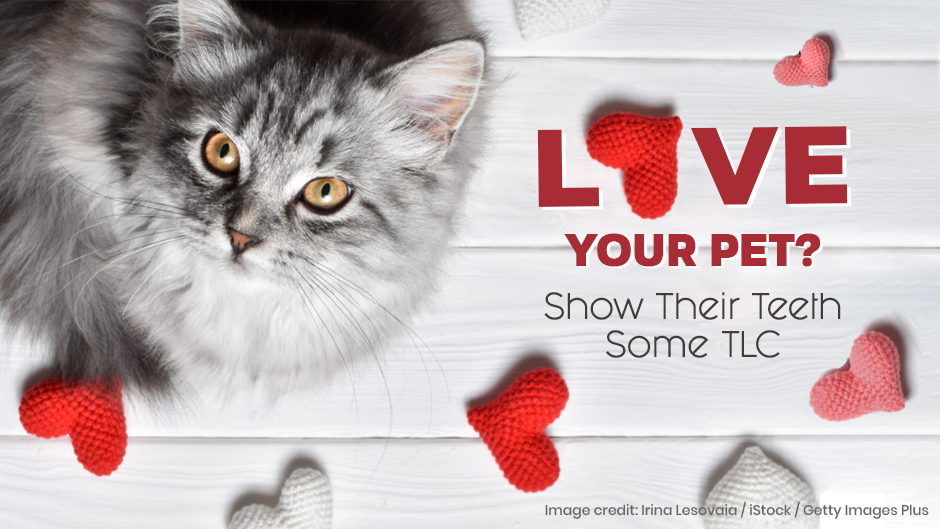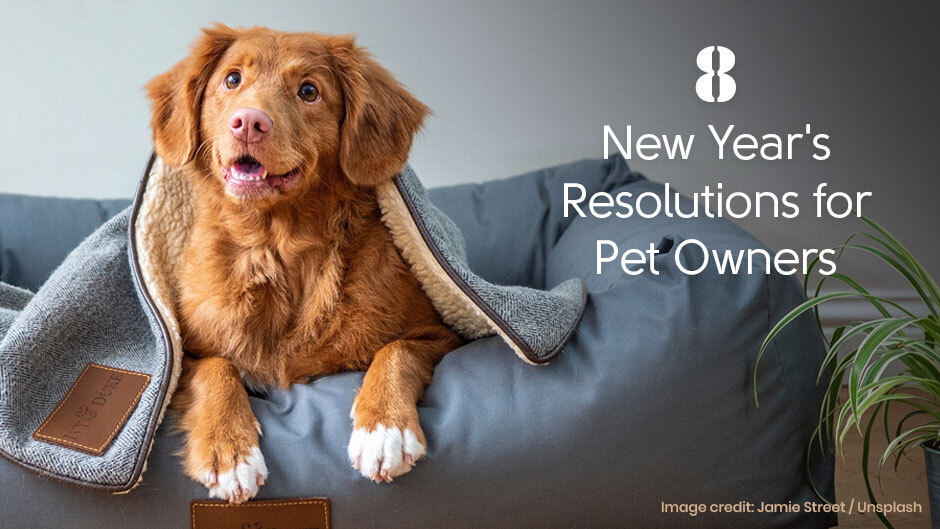Recognizing Signs of Fear in Pets During Summer Months

As pet owners, it’s crucial to prioritize the mental and physical health of our beloved companions. One of the most common causes of stress in pets is summer thunderstorms and fireworks. During these events, pets exhibit various behaviors that indicate fear and stress. When experiencing a thunderstorm or fireworks, pets may pant excessively, bark or howl, tremble, hide, or even become destructive. These behaviors can be alarming and cause stress to both the pet and the owner. So what can you do to help alleviate your furry friend’s stress during these situations?
Provide a Comfortable and Safe Space
It’s essential to create a comfortable and safe space for your pet during a thunderstorm or fireworks. Keep your pet indoors and away from windows. Consider creating a cozy space with their favorite toy, blanket, or bed in an interior room, preferably where they feel comfortable.
Play Calming Music
Just like humans, animals can be sensitive to noise. Providing calming music can help create a quiet, peaceful environment for your pet to help them relax, in addition to reducing the sounds of the booms outside.
Consider Products That Help Calm Pets
Various products are available in the market that can help calm pets during thunderstorms or fireworks. There are specific articles of clothing, such as calming wraps and shirts, which apply gentle pressure and offer a calming effect during stressful situations. Calming sprays, diffusers, and treats can help reduce anxiety and stress in pets. Make sure that the products you are using are pet-safe and specifically created for pets. Our veterinary team can provide guidance on items that may help in your pet’s specific situation.
Anticipate the “Booms”
Once you have a calm area set up for your pet, don’t forget to take time to prepare your pet in advance for the upcoming “booms”. Pay close attention to weather alerts and relocate your pet to their calming space BEFORE the noise begins. Similarly, be aware of local events which may be displaying fireworks over the next several weeks.
By making time spent in this calming space a positive one, rather than a stressful one, you can help your pet cope better in the future. Provide a special treat or toy when they’re there to make it an enjoyable experience.
Seek Help from a Veterinarian
In severe cases, pet parents may need to seek help from a veterinarian to reduce their pet’s stress levels. Vets can prescribe medications that help alleviate anxiety and provide advice on other methods that can help comfort and soothe pets during storms or fireworks.
Being proactive can go a long way in helping your pet feel safe and comfortable during the summer months. Keeping a close eye on their behaviors, providing a safe space, playing calming music, trying products that help calm pets, and seeking help if needed are all important steps to ensure your pet’s well-being.
Make sure to prioritize your pet’s mental health and well-being by taking the necessary steps to alleviate their stress during thunderstorms and fireworks. If you notice any signs of severe stress, don’t hesitate to seek help from our veterinary team.


